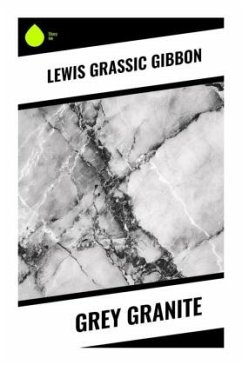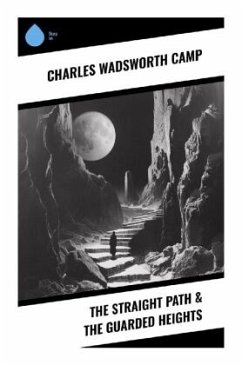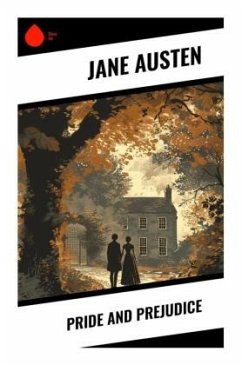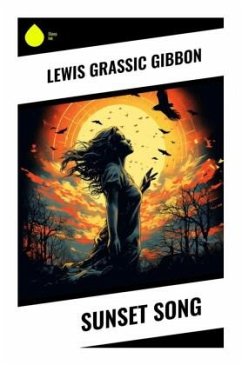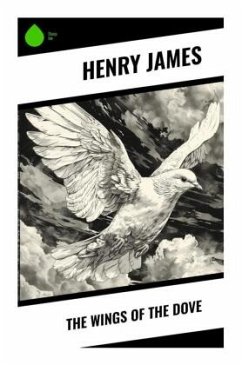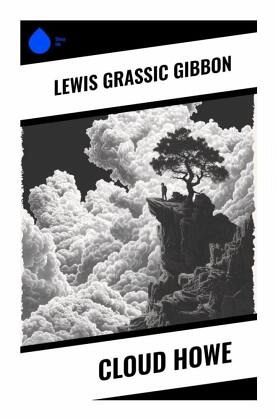
Cloud Howe
Versandkostenfrei!
Versandfertig in 6-10 Tagen
10,20 €
inkl. MwSt.

PAYBACK Punkte
0 °P sammeln!
Set in the early 20th century, "Cloud Howe" by Lewis Grassic Gibbon is a profound exploration of the Scottish landscape, identity, and the tensions between tradition and modernity. Written in a richly evocative prose that combines lyrical descriptions with sharp social critique, the novel portrays the life of its protagonist, a Scotsman named Ewan, as he navigates the complexities of love, loss, and the inexorable march of progress in a rural community. Gibbon's work is steeped in the Scottish Literary Renaissance, drawing on both the natural beauty of the Highlands and the stark realities fac...
Set in the early 20th century, "Cloud Howe" by Lewis Grassic Gibbon is a profound exploration of the Scottish landscape, identity, and the tensions between tradition and modernity. Written in a richly evocative prose that combines lyrical descriptions with sharp social critique, the novel portrays the life of its protagonist, a Scotsman named Ewan, as he navigates the complexities of love, loss, and the inexorable march of progress in a rural community. Gibbon's work is steeped in the Scottish Literary Renaissance, drawing on both the natural beauty of the Highlands and the stark realities faced by its inhabitants, reflecting a nuanced understanding of the interplay between humanity and the environment during a time of great change. Lewis Grassic Gibbon, born James Leslie Mitchell, was a dedicated writer and socialist whose intimate connection to the Scottish countryside deeply informed his literary output. Influenced by his experiences of World War I and the socio-political climate of early 20th century Scotland, Gibbon sought to articulate the struggles and aspirations of ordinary people. His commitment to highlighting the nuances of Scottish life was instrumental in his decision to write "Cloud Howe," which he envisaged as a novel grappling with identity, culture, and land. "Cloud Howe" is highly recommended for readers seeking a sophisticated narrative that merges personal and collective histories. Gibbon's ability to capture the essence of Scottish identity makes this work an essential addition to both Scottish literature and the broader canon of modernist writing. It is an invitation to reflect on the individual's place in a rapidly changing world, making it a timeless read for those interested in social issues, history, and the natural world.



